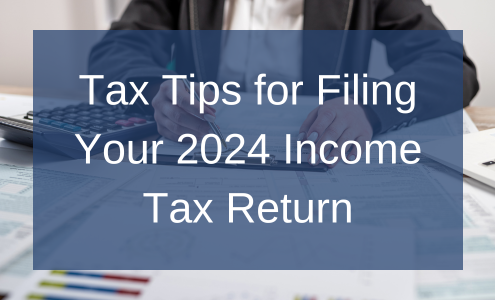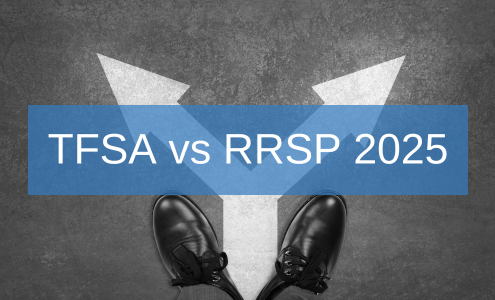Segregated Fund
How to make the best of segregated funds
Segregated funds, also known as seg funds, are specific insurance products in which your funds are invested in underlying assets such as mutual funds for example. Segregated funds differ from mutual funds, however, in that they have a built-in guarantee for either all or part of your investment, potentially offering a more secure option. Generally speaking, you need to have held the investment for a minimum of ten years for this protection to apply and it often costs extra to benefit from this guarantee. You should also be aware that if you withdraw your funds before the maturity date, you will lose this protection and will only receive the current market value of your investment minus applicable charges.
The difference between retail and group retirement plan segregated funds
Often, workplace pensions constitute segregated funds but they work slightly differently to retail segregated funds that you purchase yourself. They usually do not come with the insurance guarantee, nor do they charge such high fees, though they do offer the potential for creditor protection and the possibility of excluding probate fees where applicable.
Here are some of the pros and cons of investing in segregated funds:
Advantages
- As mentioned above, one of the main benefits is the fact that between 75% and 100% of your investment is protected,as long as you abide by the rules relating to withdrawalsi.e.: your funds must be held for a particular length of time.
- In addition, many products offer you the opportunity to allow your beneficiaries to receive between 75% and 100% of the contributions that you have made in the event of your death. What’s more, as long as your beneficiaries are named in the contract, they will not pay probate fees.
- Many funds also offer creditor protection which is useful for those who run their own business.
Disadvantages
- You will often pay higher management fees for segregated funds compared with mutual funds, due to the added insurance and protection that they offer.
- You are likely to be penalised if you withdraw your funds before the contract maturity date. Specifically, you will often pay a withdrawal fee and will also not benefit from the protection guarantee. To avoid this, you usually have to keep your monies invested for ten years.
A description of the key features of the applicable individual variable annuity contract is contained in the Information Folder. Any amount that is allocated to a segregated fund is invested at the risk of the contract holder and may increase or decrease in value. Product features are subject to change.










